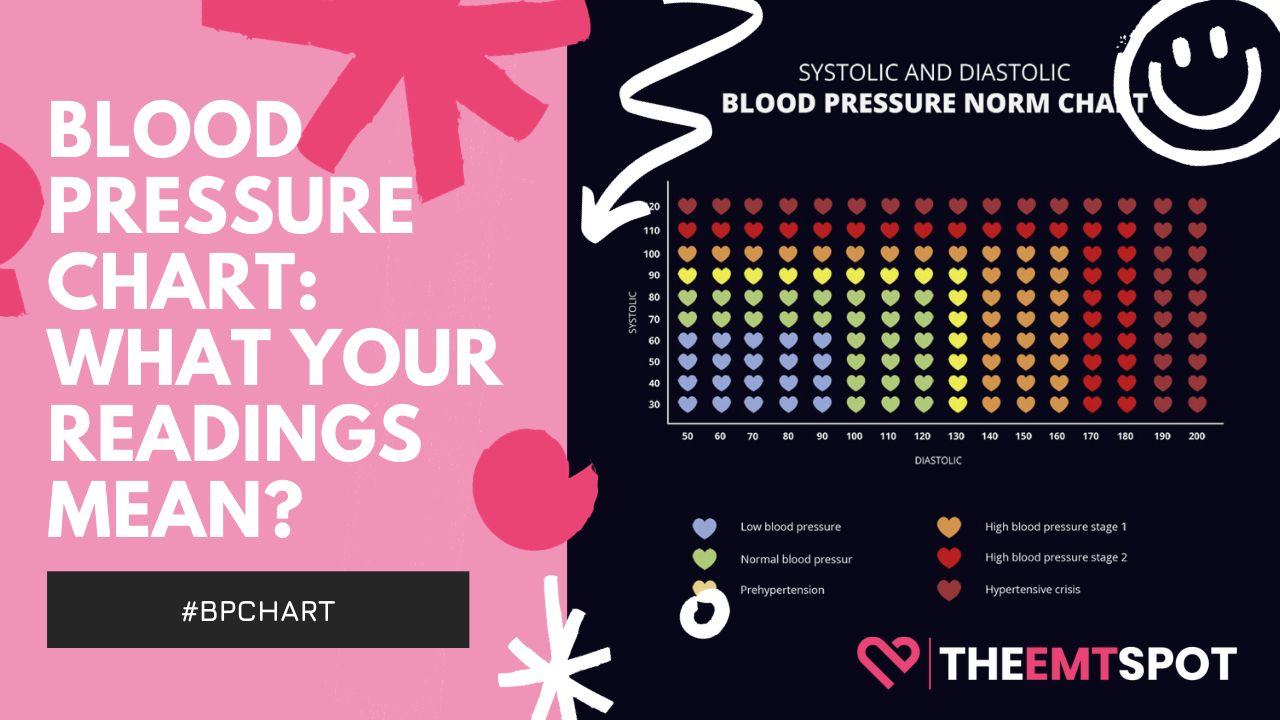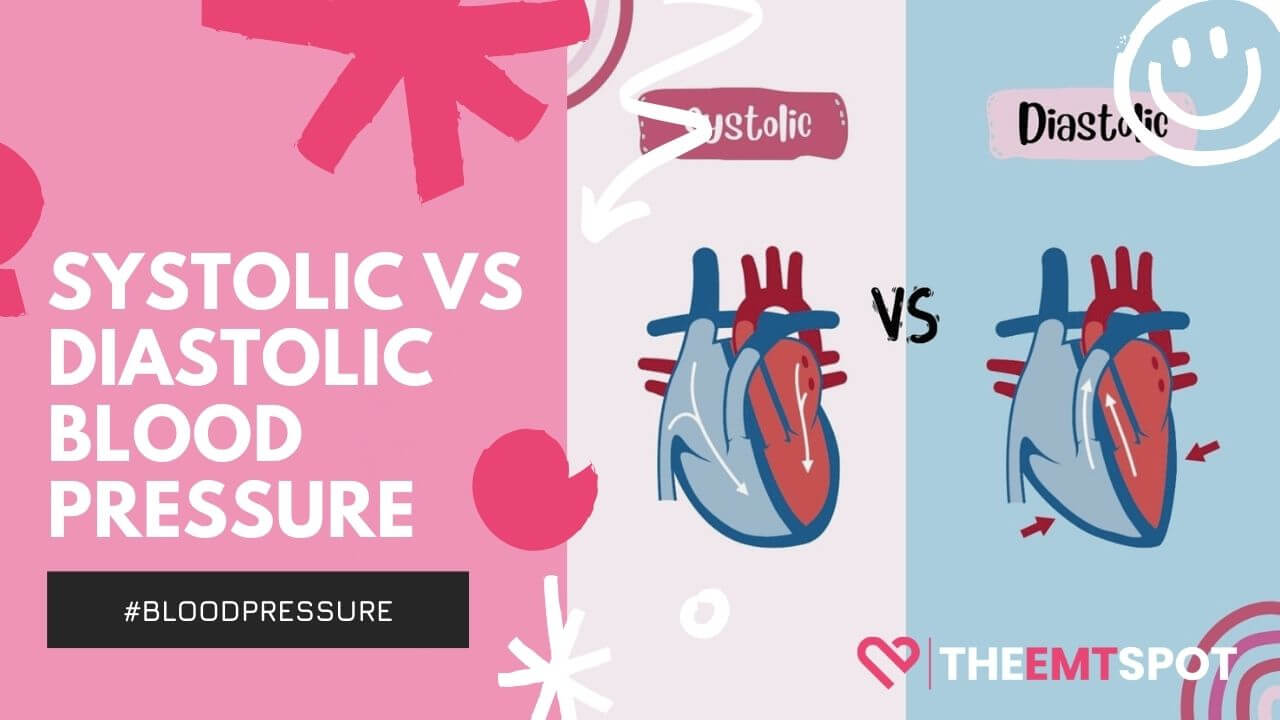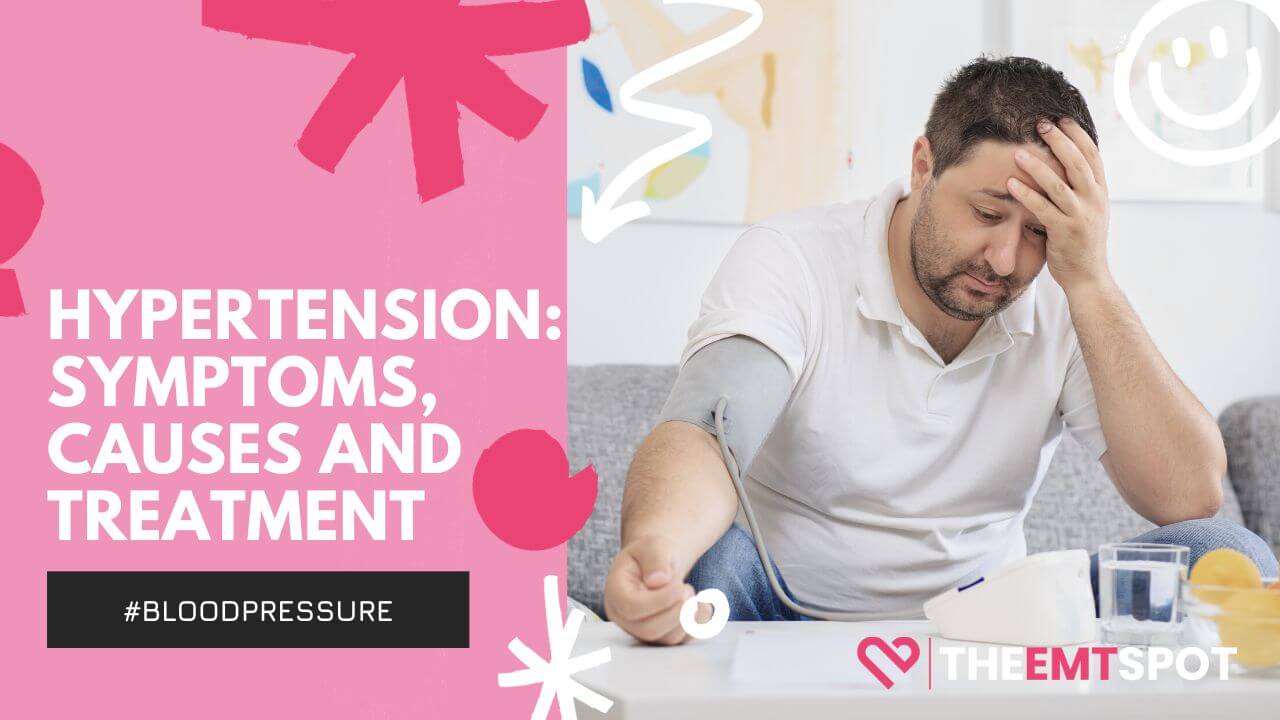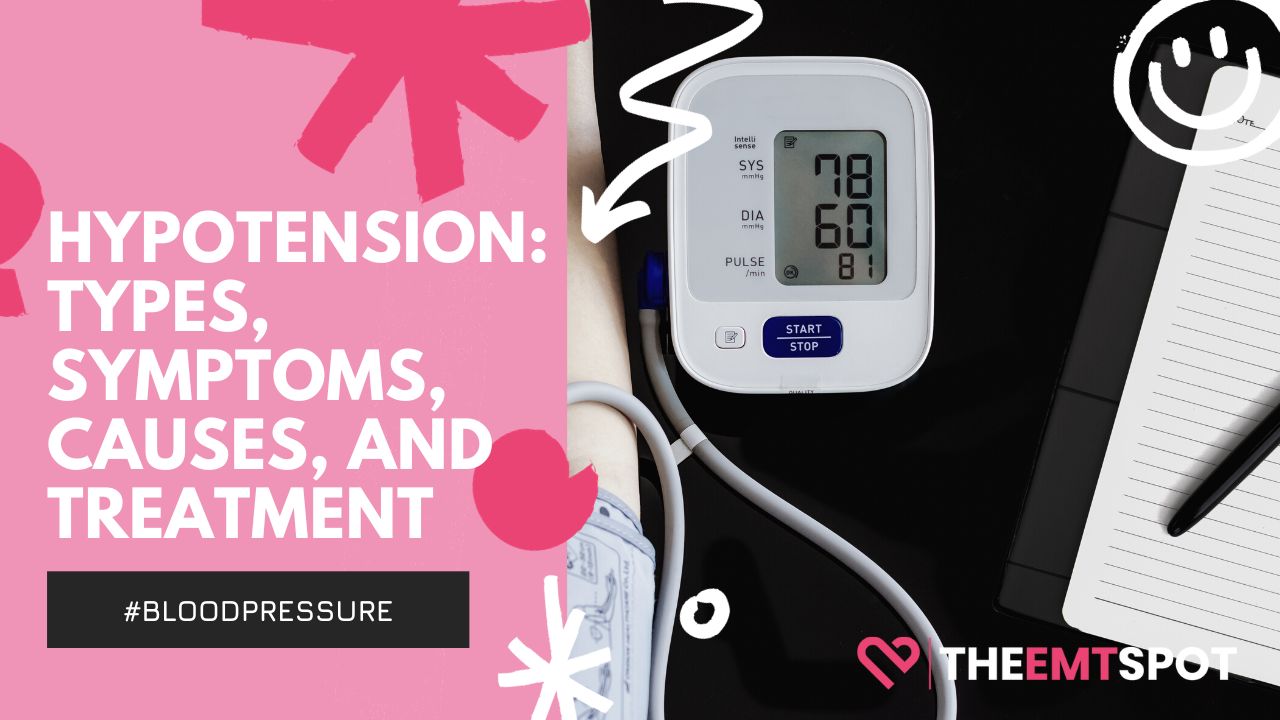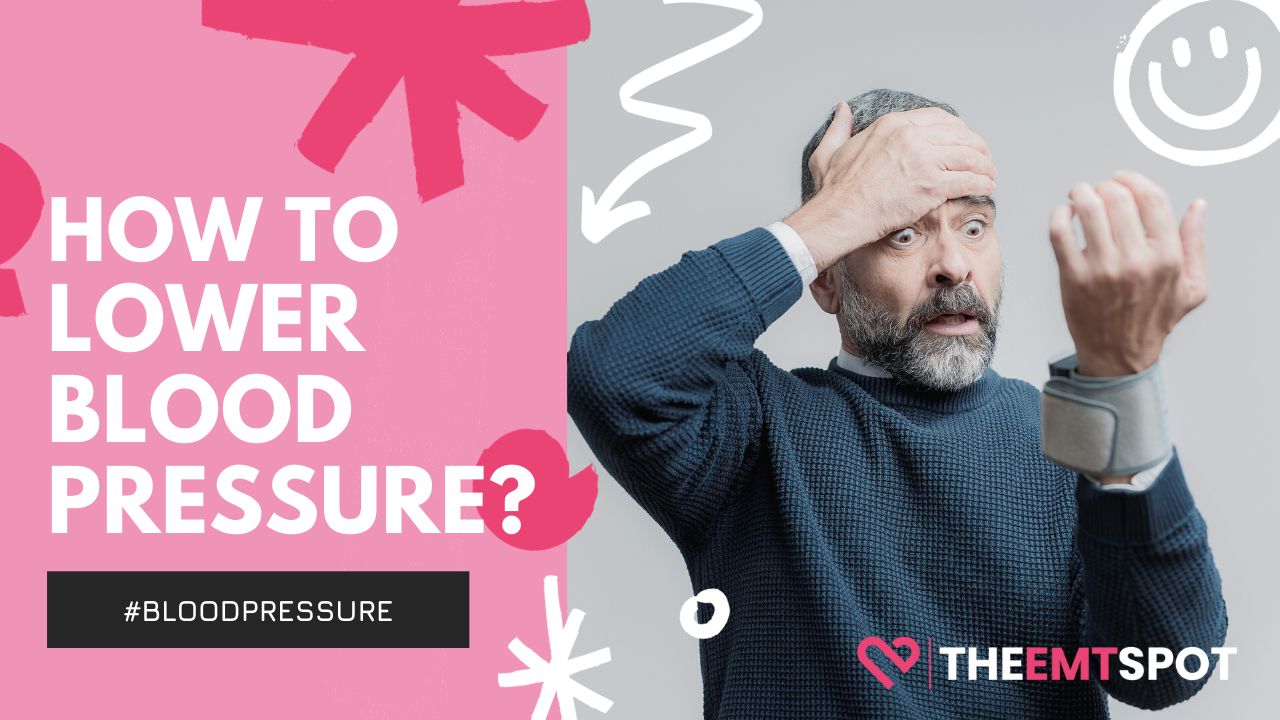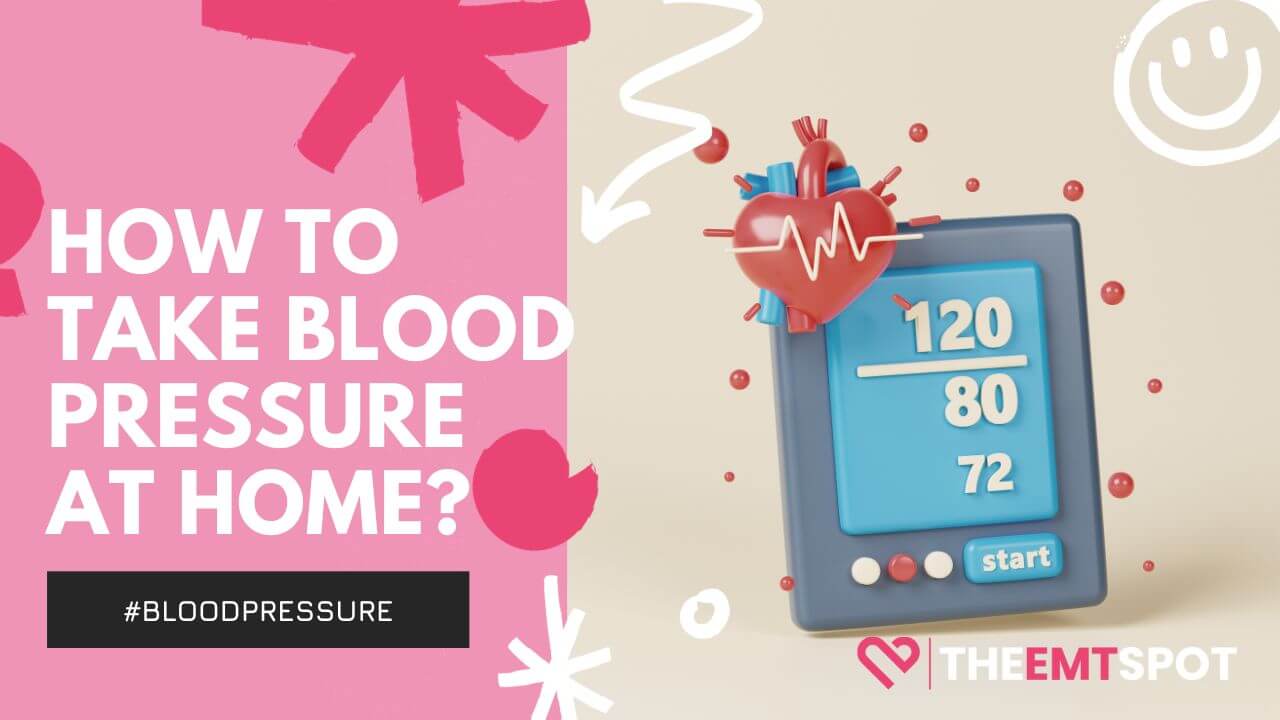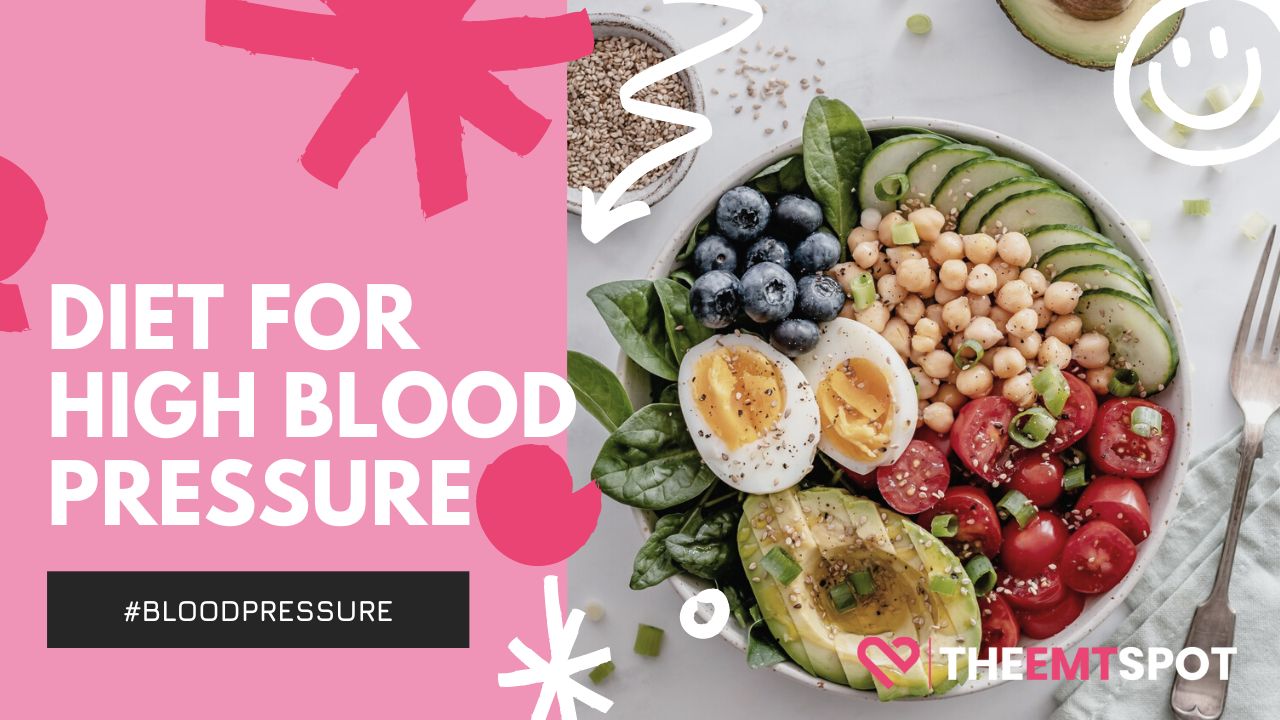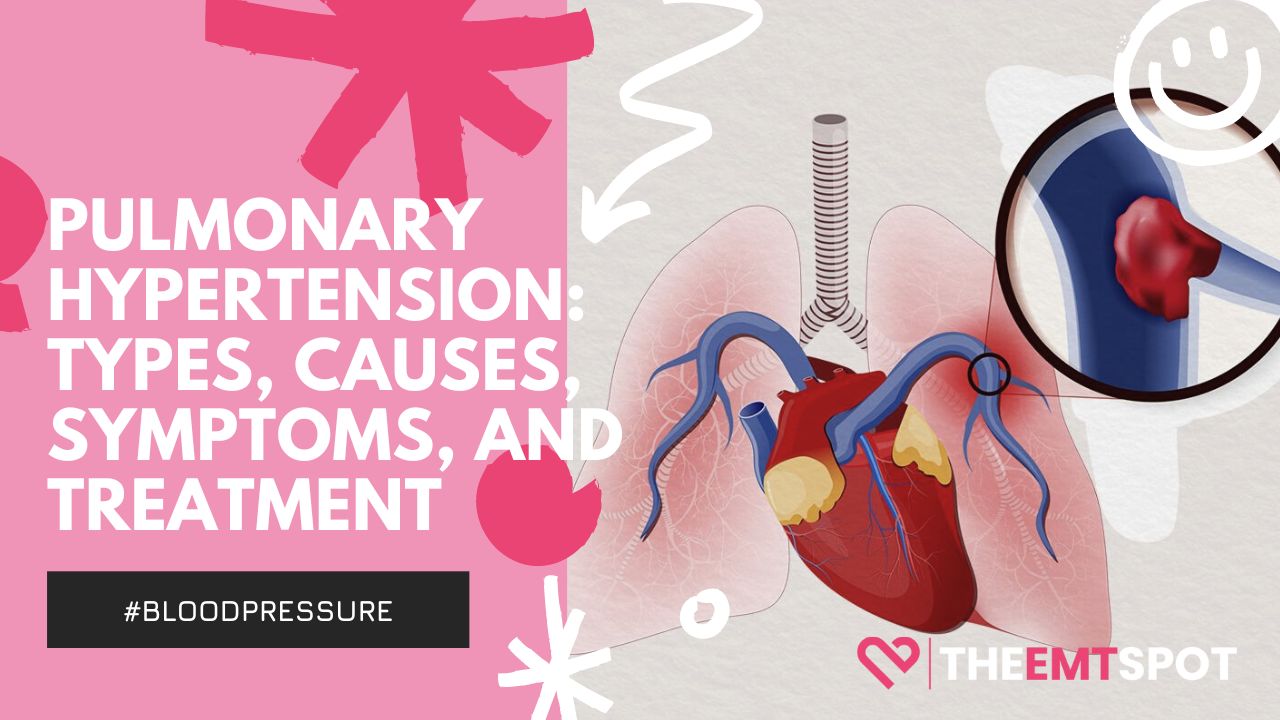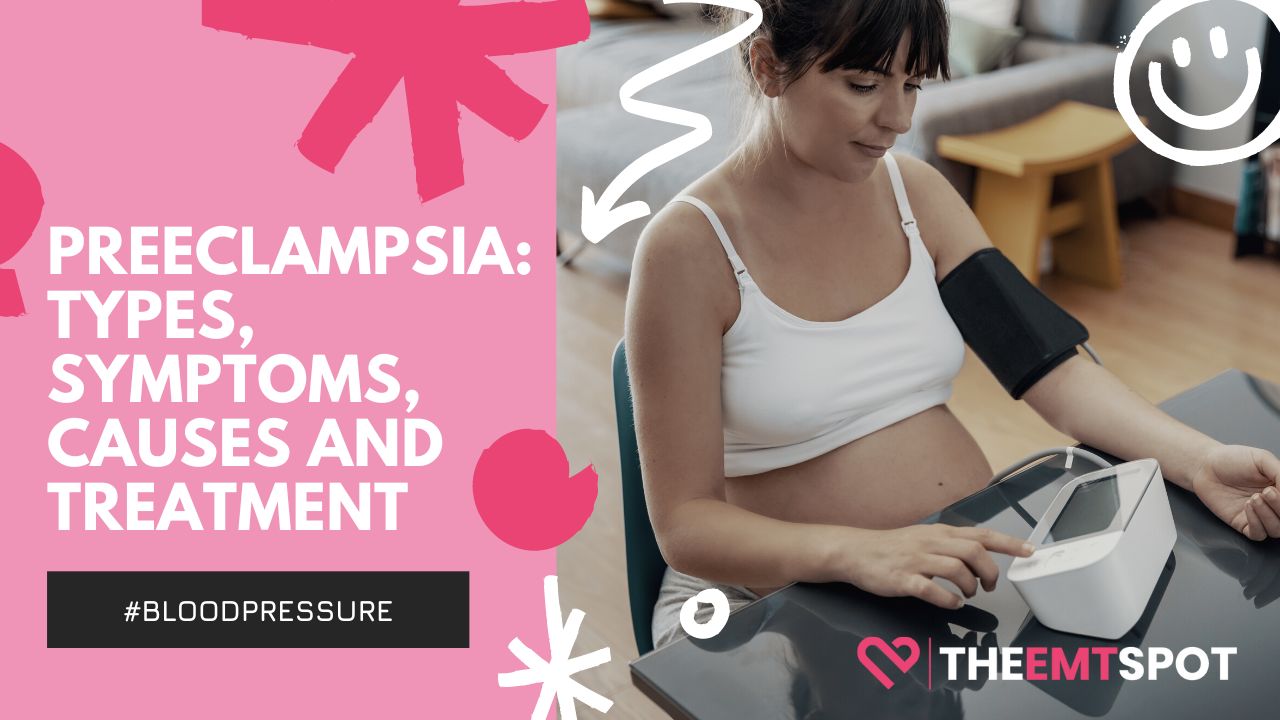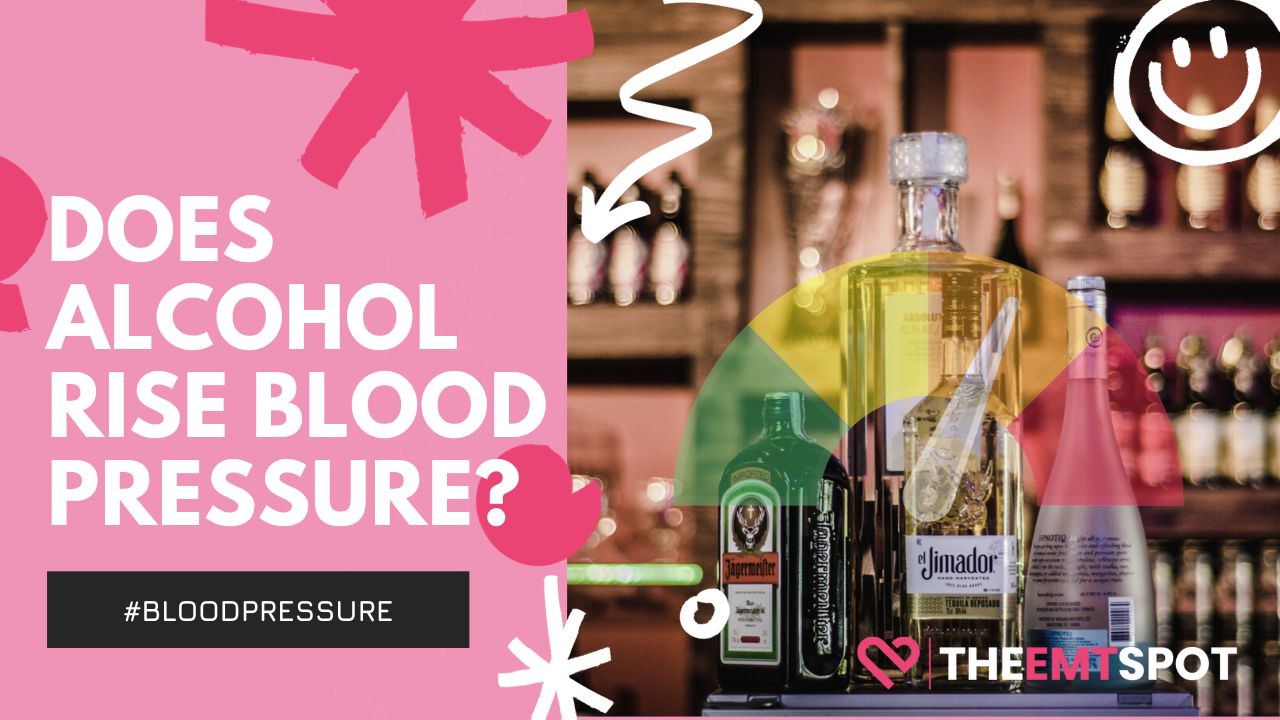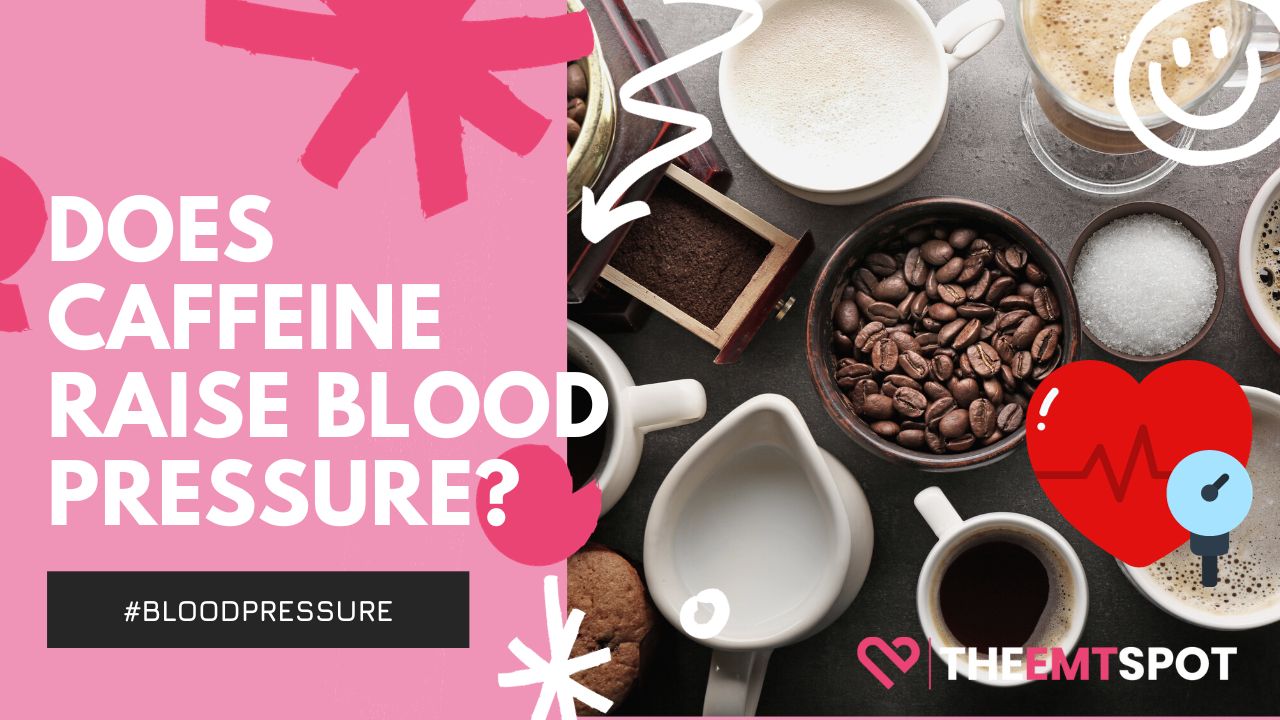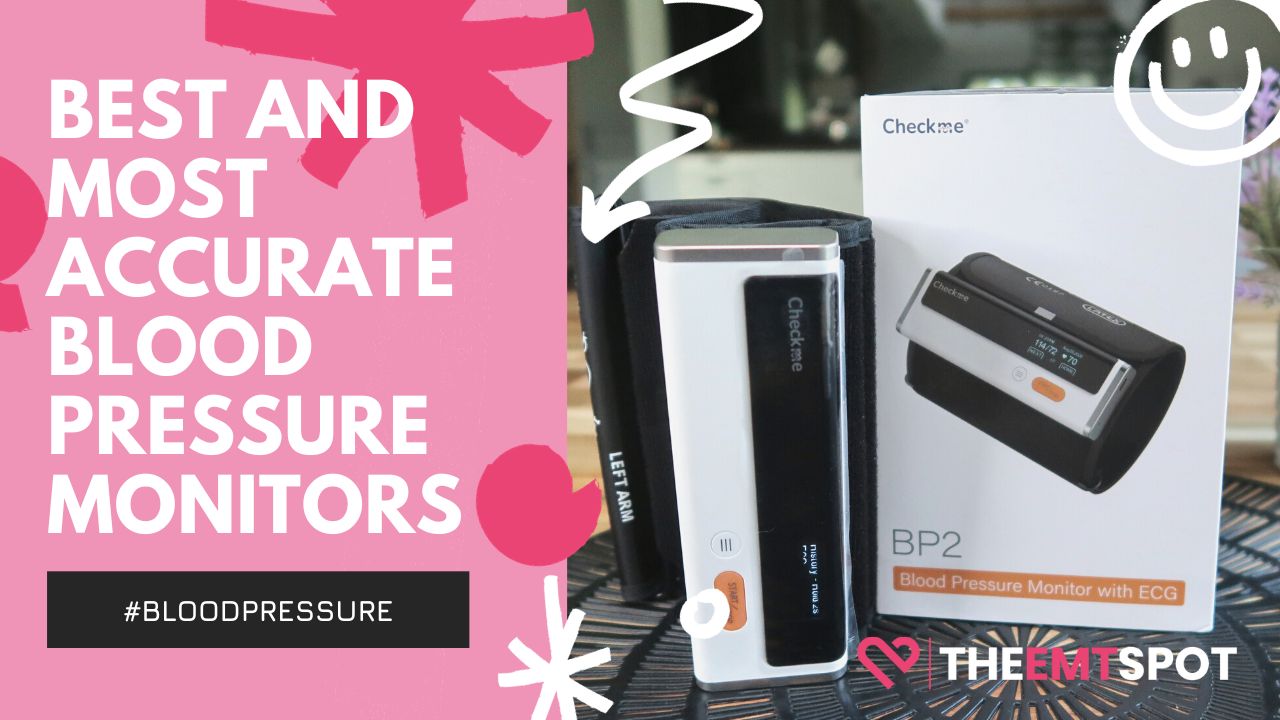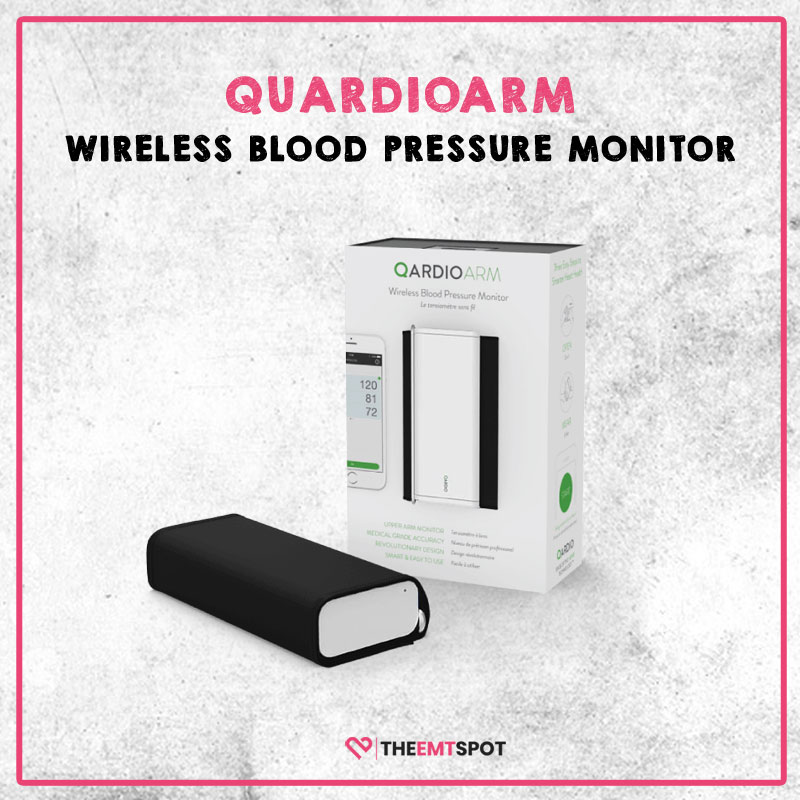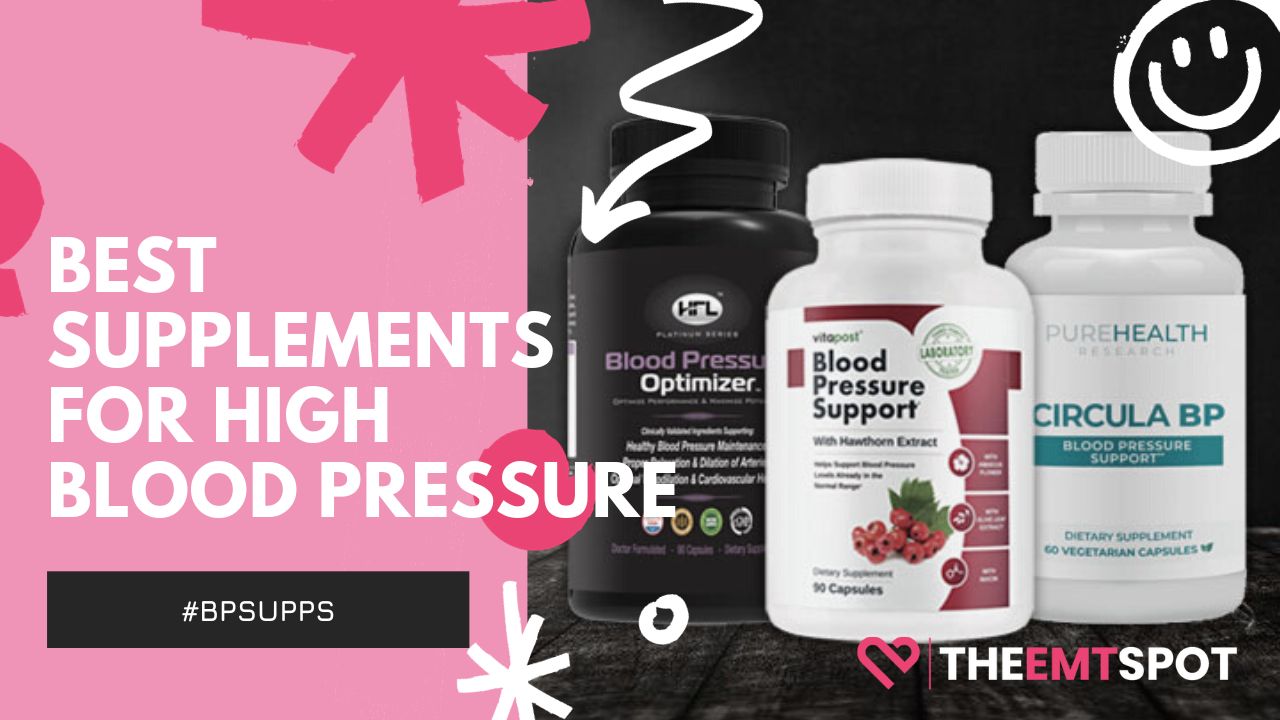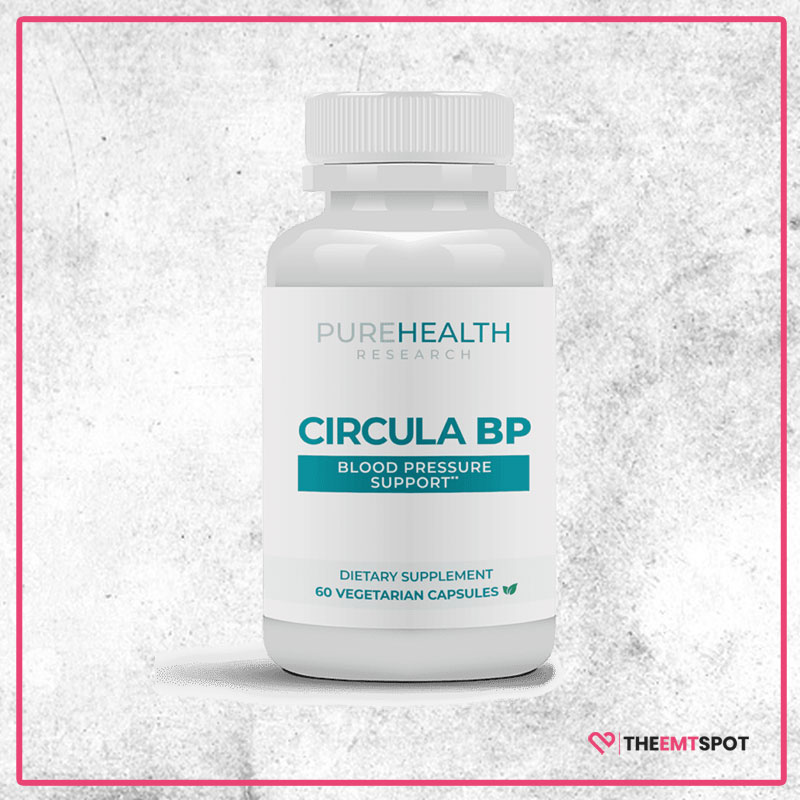TheEMTSpot: A One-Stop Knowledge Bundle For All Your Blood Pressure Queries!
Providing expert insight on blood pressure through academic research, professional experience and laboratory testing. Learn how to manage hypertension or hypotension. Discover how to accurately interpret your blood pressure readings. Select the best monitors and supplements.

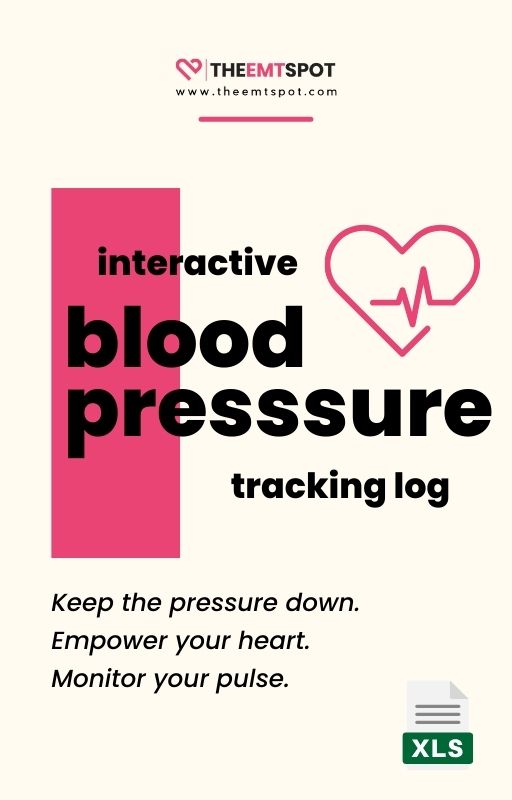
SPECIAL OFFER
Discover A Healthier You With Our Blood Pressure Tracking Log
Are you ready to take control of your blood pressure and improve your overall health? Get our user-friendly Blood Pressure Tracking Log now.

Written by Health Pros
Our articles come from experts in emergency and heart health, offering trusted advice.
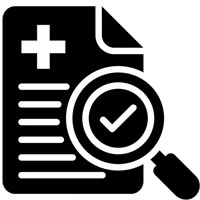
Facts First
Every piece of information is checked against 2,000+ academic studies for accuracy.
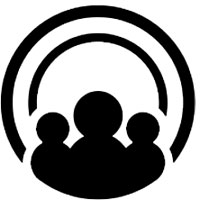
Join Our Family
Be part of our 5 million-strong community for support and shared health journeys.
Check What Your Blood Pressure Reading Means
Turn your blood pressure readings from confusing data into clear, actionable insights with the Blood Pressure Checker, and navigate your path to a healthier heart with confidence.
Mean Arterial Pressure (MAP), and Pulse Pressure Calculator
Unlock a deeper understanding of your heart’s health by using the our Mean Arterial Pressure (MAP), and Pulse Pressure Calculator, a simple tools for precise insights into your vascular well-being.
Blood Pressure Chart: What Your Reading Mean? Low, Normal, Elevated, and High
Blood pressure may change due to many factors, such as age and activity level. Learn how to monitor blood pressure with this complete blood pressure chart guide.
Why You Should Understand Your Blood Pressure Reading?
Unlike other diseases, anything involving your heart needs an instant resolution because it may sometimes be between life and death. Here are four reasons you should be able to assess your own blood pressure score.
Predicts your life expectancy
Blood pressure is a direct indicator of your heart health, and even in some cases, it could even predict your life expectancy.
Heart beat or beat hard
Too low blood pressure and too high blood pressure mean your life is in danger and needs immediate medical assistance.
It keeps varying
There is nothing like a perfect score because it may vary between low and high in a single day. Therefore you need to know what these values are translated into.
Have a healthy life
If you understand your blood pressure scores, then you can easily assess your heart health and, accordingly, decide on your diet, exercise, and lifestyle.
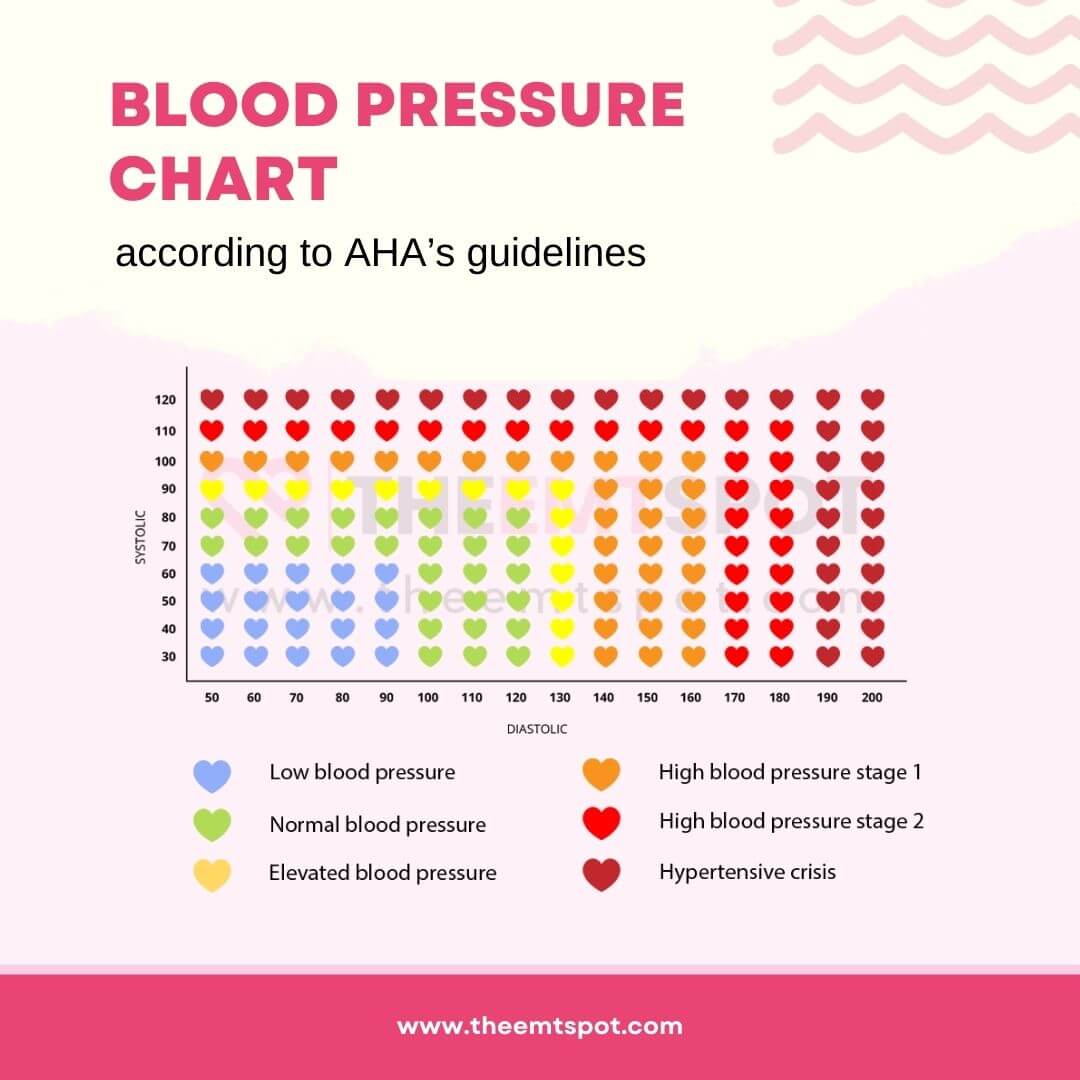
Most Common Blood Pressure Readings
Here are some of the most common reading ranges you might stumble upon while checking your blood pressure.
Blood Pressure Basics
Dive deep into the core elements of blood pressure knowledge. Here, you’ll unravel the mysteries behind the numbers, distinguishing between systolic and diastolic pressures, and their impact on your health. Understand the nuances of hypertension and hypotension, discover effective methods for blood pressure control, including lifestyle changes and medications, and equip yourself with the know-how to accurately measure your blood pressure at home. This is your go-to resource for building a solid foundation in blood pressure literacy.
Systolic vs Diastolic Blood Pressure
Explore the critical roles of systolic and diastolic blood pressure, their impacts on health, and which one demands more attention for your wellbeing.
High Blood Pressure (Hypertension)
Learn how high blood pressure can affect your health and some of the things that may trigger it. You will also find ways to manage and control it effectively.
Low Blood Pressure (Hypotension)
Find out what causes low blood pressure, resulting in hypotension. Learn how to treat and prevent it with some healthy lifestyle choices and habits.
How To Lower Blood Pressure?
High blood pressure may affect your life if you’re not eating well and monitoring your health. Here are some practical ways to lower your blood pressure.
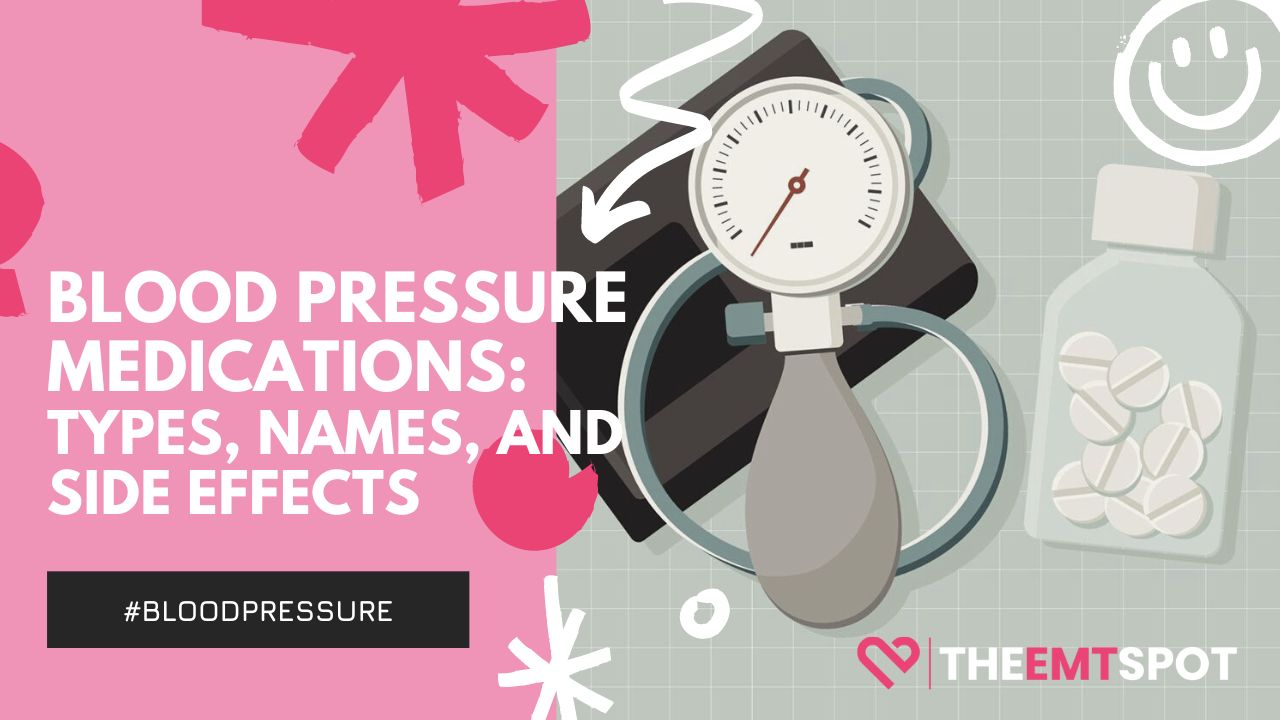
Blood Pressure Medications Types
Each blood pressure medicine has a different mechanism. Here is a comprehensive list of blood pressure medications available to manage the condition.
How To Take Blood Pressure At Home?
Learn to accurately monitor blood pressure at home: Understand readings, choose the right device, and manage heart health effectively.
Diet For High Blood Pressure
Explore the effective DASH Diet to combat hypertension. Get insights on the best foods to regulate and maintain healthy blood pressure.
Pulmonary Hypertension (PH)
Explore the essentials of Pulmonary Hypertension: uncover types, causes, symptoms, and treatments in our comprehensive guide. Dive deeper into managing this heart-lung condition effectively.
Preeclampsia During Pregnancy
Explore the types, symptoms, causes, and treatments of preeclampsia in pregnancy, a serious condition marked by hypertension and proteinuria, affecting 2-8% of pregnancies globally.
Does Alcohol Raise Blood Pressure?
Unveiling the impact of alcohol on blood pressure: Dive into our in-depth analysis for the latest health guidelines and research insights.
Does Caffeine Raise Blood Pressure?
Discover if caffeine affects your blood pressure. Our article delves into latest research, offering crucial health information for coffee lovers.
Best Home Blood Pressure Monitors
Do you know hypertension is a silent killer because you won’t know until you check your blood pressure? Here are the best blood pressure monitors for you.
Blood Pressure Monitors Reviews
Stay on top of your blood pressure readings with our selection of high-quality, reliable and user-friendly blood pressure monitors, available in various forms to suit your needs.
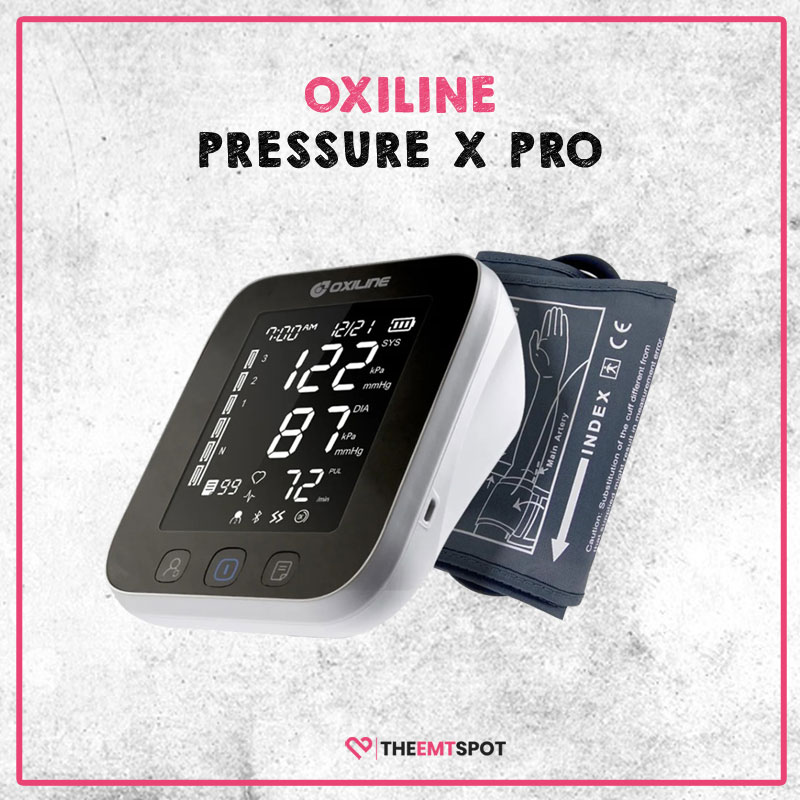
Do you know regular BP monitoring can eliminate the risk of heart attack by 70%? Check what makes the Oxiline Pressure X Pro monitor special in this review.
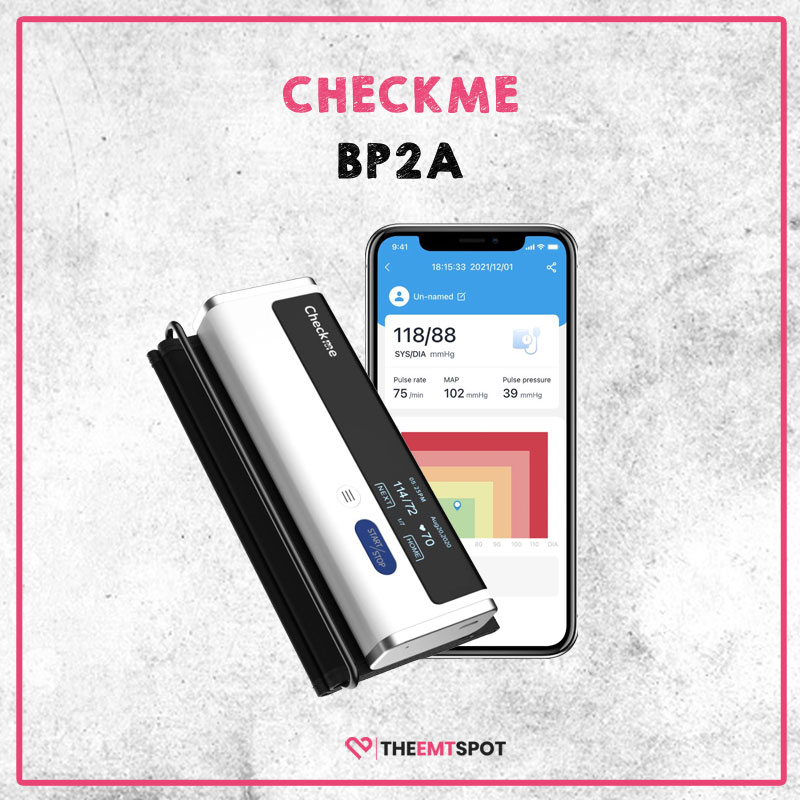
If your heart is craving love, CheckMe BP2 is the right device you need. Check this review to learn why this blood pressure monitor is an awesome device.
Best Supplements That Control Blood Pressure
If you can reduce the risk of getting a heart attack, why wait until something goes wrong? Here are the best blood pressure lowering supplements. More here.
Blood Pressure Dietary Supplements Reviews
Explore our range of blood pressure supplements, made from natural and effective ingredients, to help support and maintain healthy blood pressure levels in a convenient and easy-to-take form.
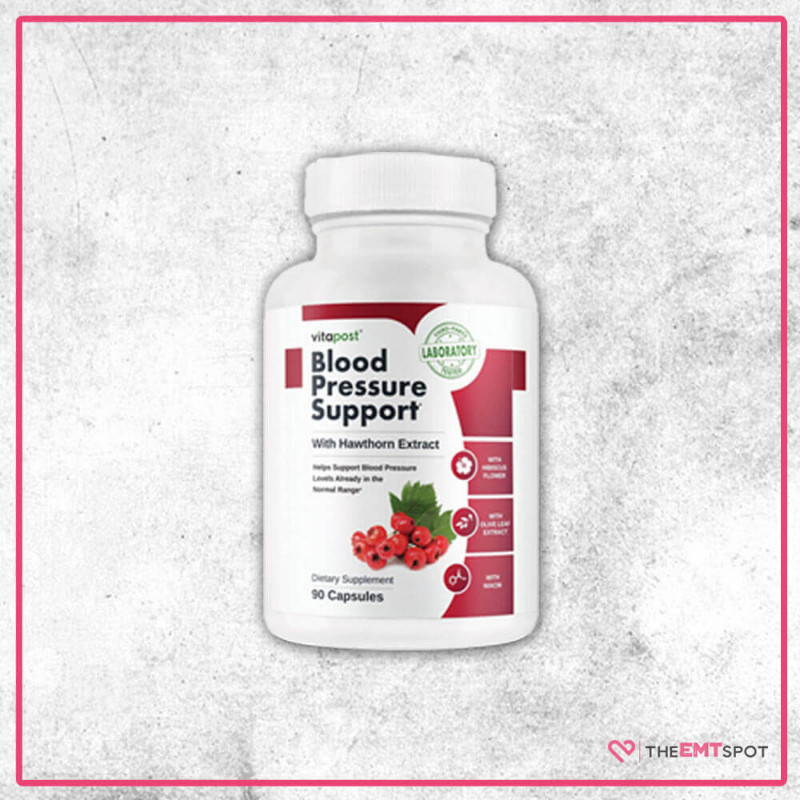
A healthy blood pressure level is an indicator of a long life; that is why you may want to learn more about Blood Pressure Support in our review.
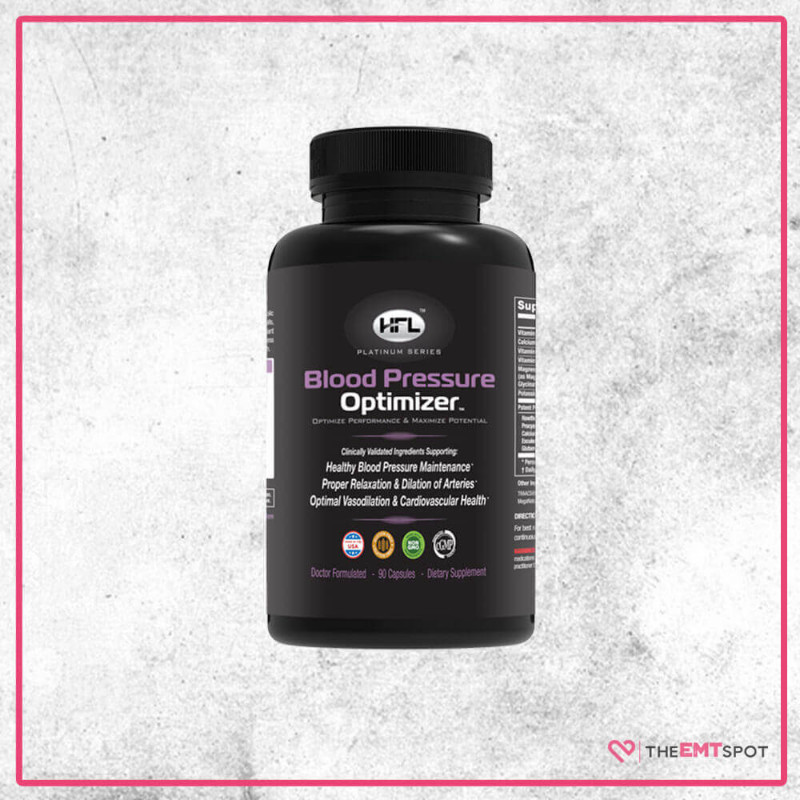
Lifestyle can greatly affect your overall health and fitness. But the Blood Pressure Optimizer might be that one tonic needed for your heart. More in our review.

